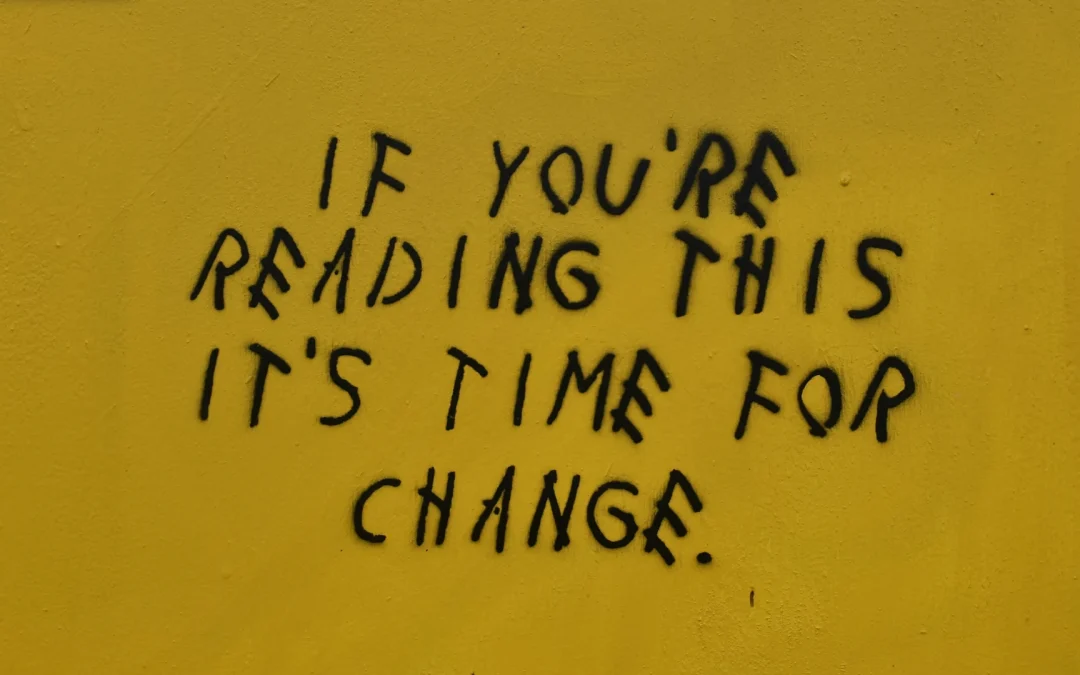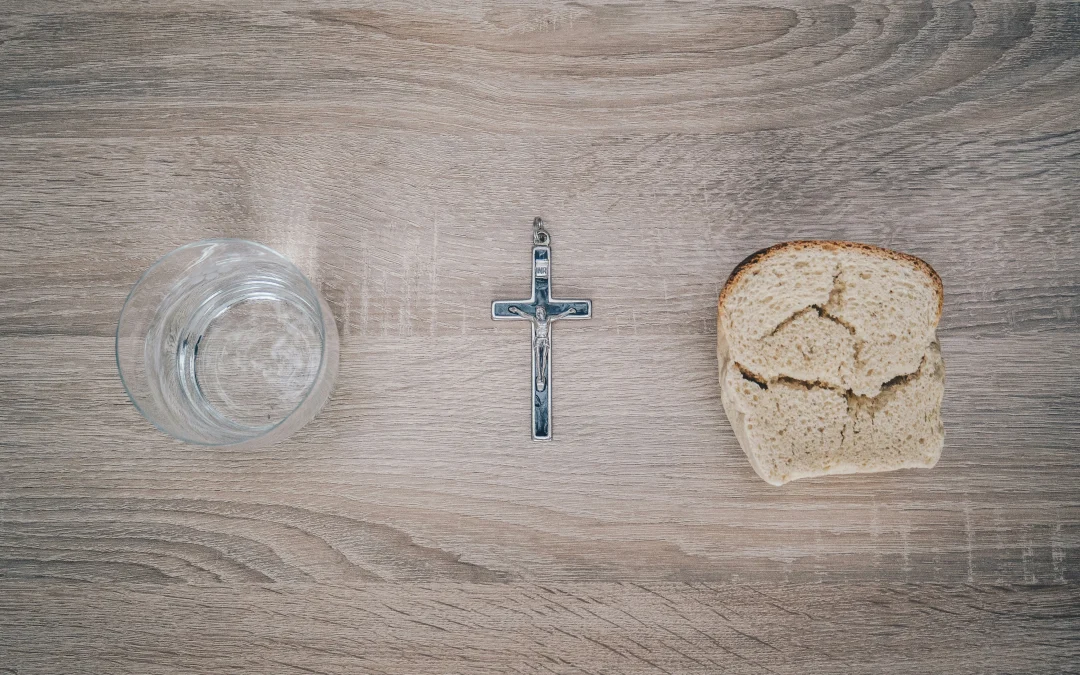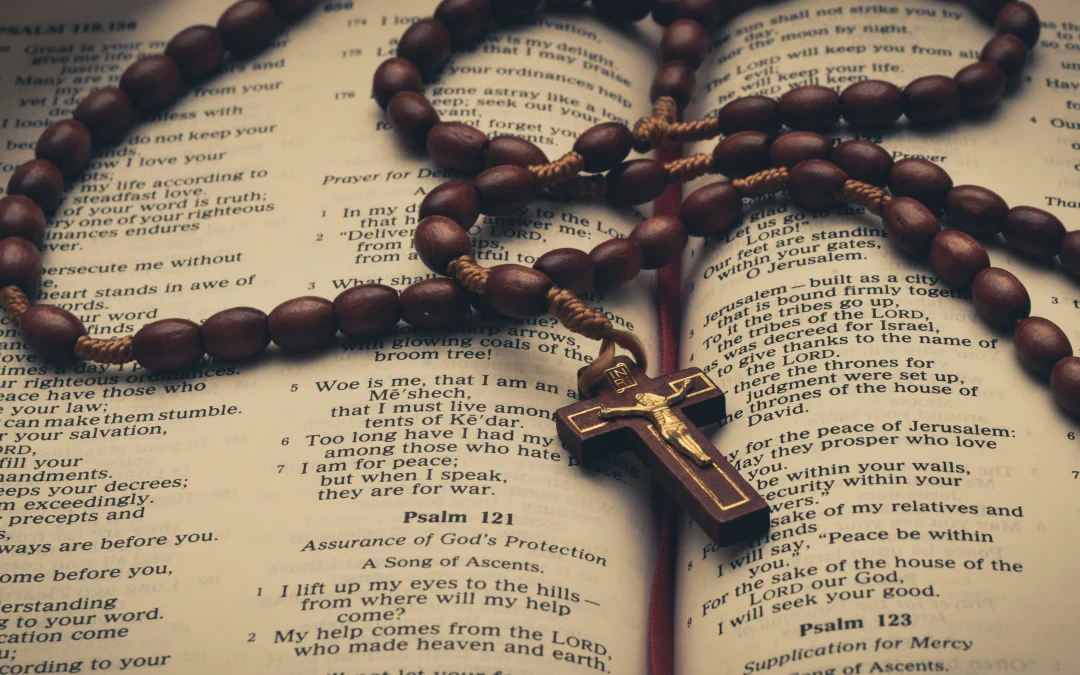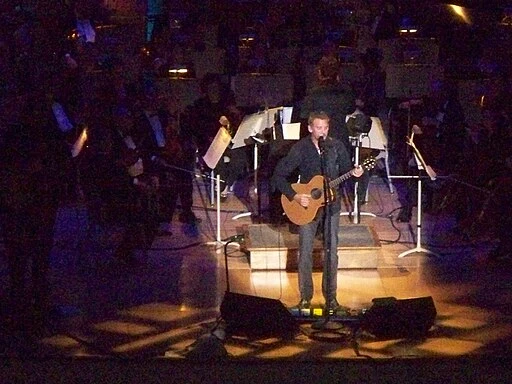A Heroic Stories Conversation with Sean Berg, Special Forces
Sean Berg, a retired Army Special Forces Colonel with ten combat deployments, doesn’t just talk about battlefield heroics—though he has plenty. He walks us through a firefight where a teammate nearly dies, a family crisis where his daughter spirals into suicidal darkness, and a life-altering decision where he turns down the most prestigious military post of his career to choose love over legacy.
If you’ve ever wondered how a Green Beret keeps his soul intact after years of trauma… if you’ve ever asked what real spiritual leadership looks like when your family is falling apart… if you’re drawn to men who serve not from ego but conviction—this conversation is for you.
Sean’s story shows what it means to be a warrior who kneels. A man who carries a cross and knows how and when to use a weapon. When family matters most.
1: Elite Warriors, High Stakes
Let me tell you a story about someone you’ve probably never heard of. I just retired after 30 years in Army Special Forces—Green Berets. Of those who try, only about 3% make it. It’s an elite group of patriots and warriors.
On my fifth combat tour—my first in Afghanistan—I had six special forces detachments under my command. One of them was stationed in the Tagab Valley, a tough place. I put my best team there. Among them was a young staff sergeant named Andre. South African-born, American citizen. Gave up his dual citizenship to get his top-secret clearance. The guy could run with me, which was rare.
I’m an endurance athlete. At 200 pounds, I move well. Very few people could keep up with me. Andre was one of them. We’d push each other.
One day I get a call. My men are taking fire. Minutes later, we hear: “We’ve got two eagles down.” That means two friendlies.
We mobilize air support, medevac. The team leader had a bullet through his tricep—he’d be okay. Andre, though, took a 7.62 PKM round right under the armpit. Worst spot you can get hit. He was medevaced and it was 50/50 that first night.
I got to him at the hospital. He was unrecognizable. Tubes, pale. We prayed. He made it through the night. Next night? 50/50 chance he’d lose the arm. But they saved it. 26 surgeries at Walter Reed. He never regained full use of that arm—but he stayed on active duty.
He came back. Got called “Ant-Man” or “the Leaf Cutter” because of his relentless energy. He couldn’t do PT with the team, so he’d run on top of the Hesco walls. He told me, “Boss, we’re going back out on a run.” I thought I’d take it easy on him. He smoked me.
Andre’s drive to keep going, to serve again, to be with his brothers. He fought hard to come back, because he knew we all wanted him. He was wanted. And so he wanted to show up for his brothers.
2: When Your Daughter Wants to Die
On my 10th deployment, I was gone for a year. My family moved to Hawaii. My son did okay. But one of my daughters spiraled. Drinking. Sneaking out. Then she had what looked like a full psychotic break—talking about malevolent spirits.
I came home from a work trip. My wife said: “She’s okay, but I found her in the tub. Full of blood.”
More cycles. Suicide attempts. In and out of facilities. One night, she locked herself in the bathroom. I broke down two doors. Restrained her. That day, my kids saw ‘Green Beret Dad’, not just Dad. It terrified them.
I didn’t realize how deeply I had scared them until after things calmed down. My wife was struggling with her faith—wondering how God could allow this.
I held on to God because it was all I could do. We kept trying to help our daughter.
Later we learned the reasons. The year I was deployed, she had been raped by a fellow middle school student. He blackmailed her, exploited her, and triggered the spiral.
I fantasized dark thoughts. “I’m not a sniper, but I’m good out to 800 meters.” I didn’t act on it, but the fact that I went there meant I knew I needed help. I saw someone. Then I shared my story openly with soldiers under my command.
Sometimes the battlefield is your home. It’s not always war. And I couldn’t fix this problem in my home.
We got her into therapy. She started healing.
I found out I wouldn’t be promoted to general, and I was told I could stay in Hawaii—the first time I got to choose stability. That weekend, the priest asked, “Have you considered being a deacon?”
My wife joined me at the inquiry. She hadn’t been to church in years. There, she shared, “As long as Sean went to Mass, I knew we were still connected to the Church.”
She held on to our daughter. I held on to God. God used both of us to save all of us.
3: Turning Down Power to Choose Family
I’d done my time, ten deployments, all of that. I was getting close to retirement. Then I was approached with a life-changing opportunity. There’s this position—an assignment with strategic impact tied to Taiwan and the Indo-Pacific. The most contested piece of terrain on the planet.
I was told, “You’re the guy. No interview. If you say yes, we’ll make it happen.”
And it felt like a huge honor. All of the general officers I respected were backing me. It was the kind of assignment that would cement your legacy. I mean, this was the culmination of everything I’d trained for.
But I was already three years into diaconate formation. My mother-in-law, who has vascular dementia, was living with us. My wife was already drained. And we’d been through so much with our daughter. This wasn’t just a decision about a post. It was a decision about everything.
So I did what Army officers do—I built a decision matrix. I listed out the pros and cons, assigned weights to every outcome: mission, impact, family, health, vocation.
The “take the job” side had everything—rank, influence, financial upside, legacy. But I kept staring at it. And what it came down to was this: the cost of all of it… was my wife.
I couldn’t do it.
I said no.
And it cost me. General officers I’d served with stopped calling. I stopped getting invited into those rooms. That hurt. But I was okay with it.
My wife came to me the next day and said, “If this is what you feel like you need to do, I’ll be okay.” But I knew it would’ve changed something between us forever.
So I’ll say it plainly. Of all the bombs I’ve dropped, missions I’ve led, operations I’ve planned—saying ‘no’ to that job to stay faithful to my marriage, my family, and my faith life… that was the hardest thing I’ve ever done.
4: Leave No Man Behind
Today, I’m in my third year of formation for the diaconate. And one of the things that has become really clear to me is that men—especially men who’ve come out of a high-identity role like the military—often flounder when they leave that structure. We define ourselves by what we do. And when that’s gone? A lot of men don’t know who they are anymore.
I brought 4,000 soldiers home from combat. That’s a miracle. But since then, I’ve lost nine men—nine of those same soldiers—to suicide. Not in the field. Not to enemy fire. It was after they came home. Because they didn’t have a mission anymore. They didn’t know who they were supposed to be if they weren’t a Green Beret, or a Ranger, or a Team Sergeant.
So now? I’ve made it my mission to help them find that identity again—through service, through community, and through faith.
I’ve launched a local chapter of F3 Nation here on Oahu. It stands for Fitness, Fellowship, and Faith. It’s a men’s workout group—free, peer-led, open to all men. We meet at parks and beaches before the sun is up. We push ourselves physically, and then we end every session in what we call a “Circle of Trust.” It’s not denominational. It’s not even religious in the strict sense. But it is spiritual. It’s about showing up, being real, and letting other men know you’ve got their back.
Their motto is, “Leave no man behind, but leave no man where you found him.” That’s what I’m about.
And look, I’m still wired like a Green Beret. I like doing hard things. But I’ve had to learn that not everyone starts from where I start. Some guys can barely get out of bed. Some are 60 pounds overweight and haven’t worked out in a decade. And I have to meet them where they are. But I tell them—your body is part of your witness. You were given it for a reason. How you show up physically matters.
And then we talk about something deeper: discipline, purpose, gratitude. Those three things are what I build my life on now.
It’s not about having all the answers. It’s about not giving up.
When you feel helpless? That’s the time to get helpful. Do something. Serve somebody. Reach out. That breaks the spiral. That brings the light back in.
**And **I think a lot of men sit in the back row of church because they don’t think they have a role. Or they think they’re not holy enough. Or they’re just going through the motions. But I tell them—don’t be the guy in the pew who just shows up and checks the box. Be the man that others look at and say, “I want to be like that.”
That starts with just being present. Just showing up. And then staying. And then offering yourself.
You know, the more I’ve studied theology, the more I’m drawn to the “both/and” richness of Catholicism. Christ is both fully divine and fully human. The Church is both visible and invisible. God is both knowable and mysterious. And I think masculinity, real masculinity, lives in that “both/and” too. We’re called to be strong and gentle. Brave and humble. Tough and tender. That’s what I’m trying to model.
To the guy who feels too broken to step up, I’d say, join the club.
We’re all broken. The question isn’t whether you’re broken. The question is what you’re doing with your brokenness. Are you hiding it? Or are you letting it become the opening where grace gets in?
And don’t wait until you “feel ready.” That day never comes. Just take the step. Today.
Start something. Join something. Say yes.
The best time to plant a tree was 20 years ago. The second-best time is today.
This transcript was edited from a live interview with Sean Berg on the Heroic Stories podcast, from HeroicMen.org.











